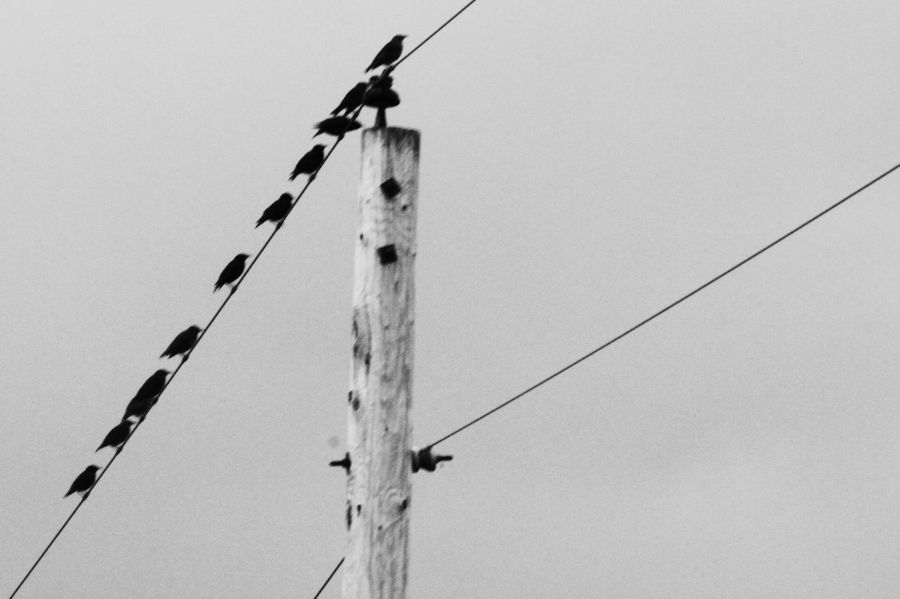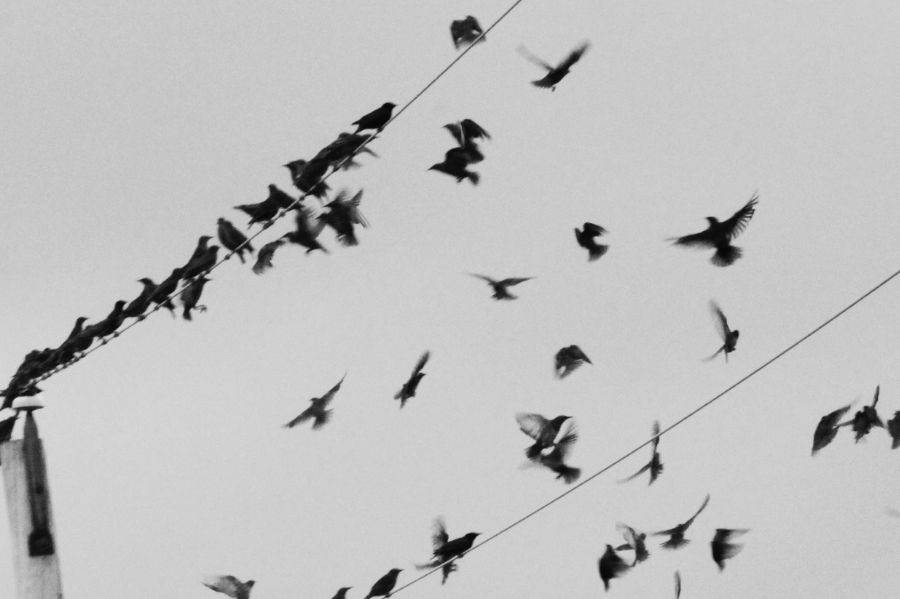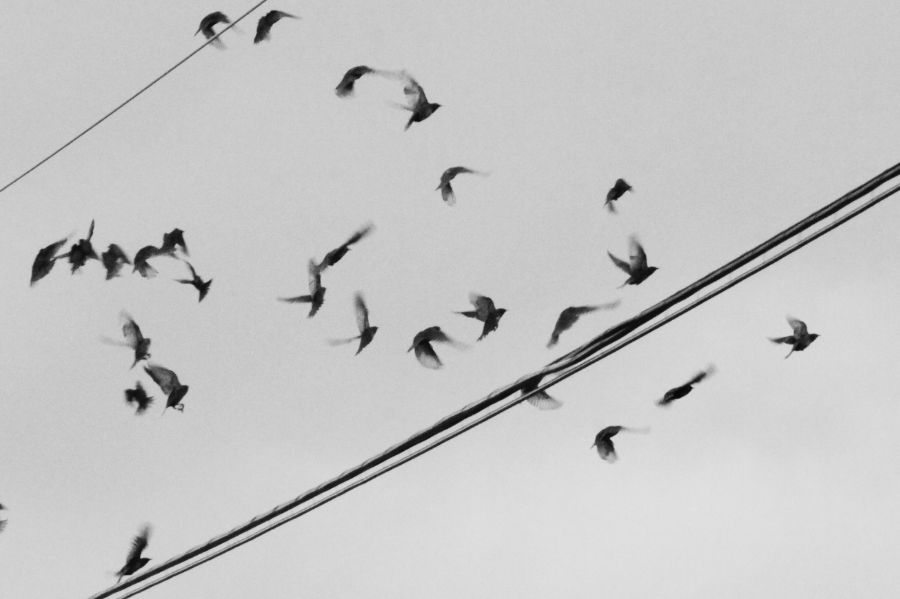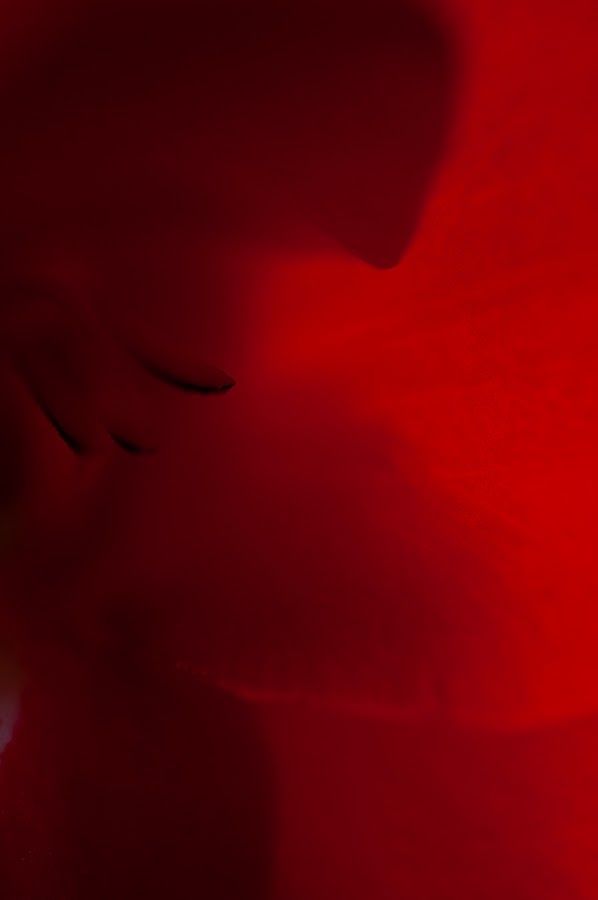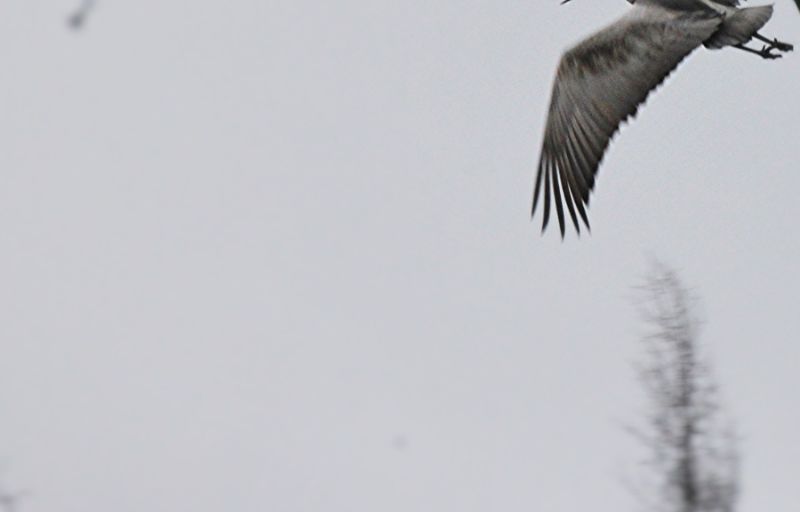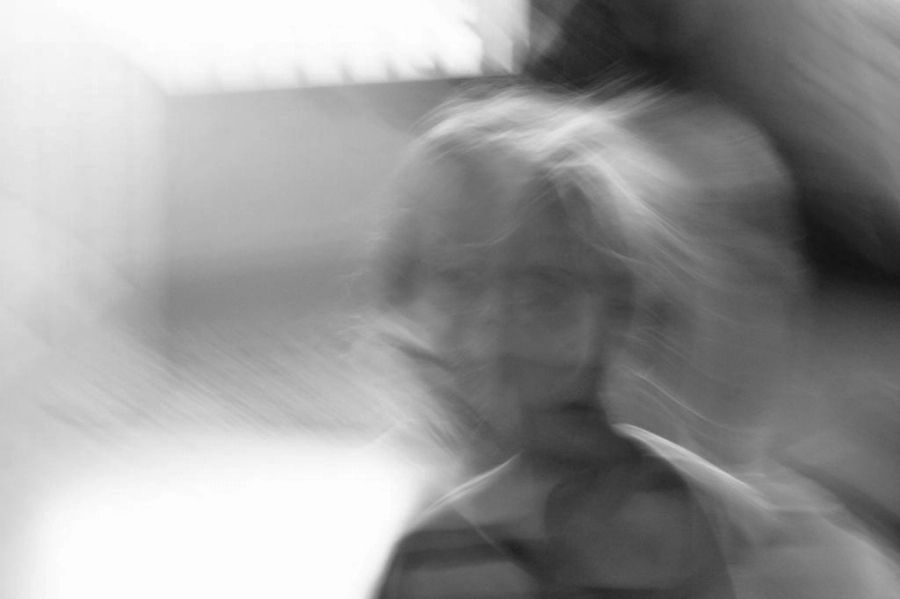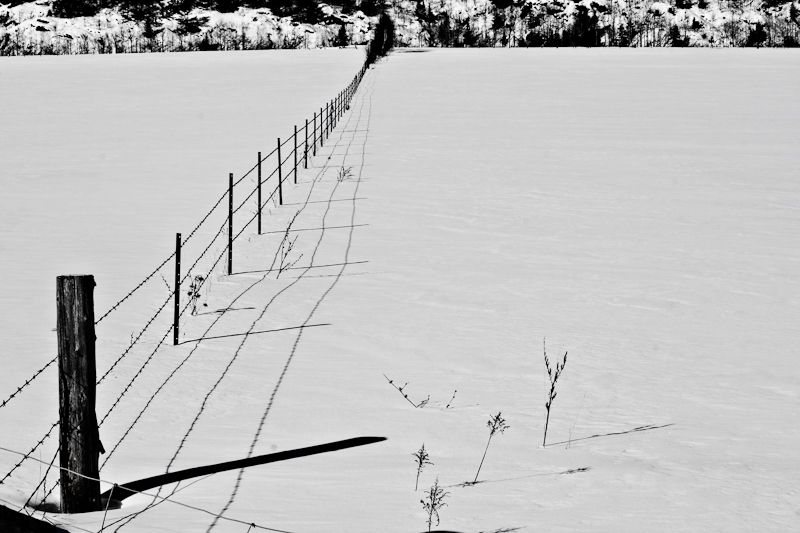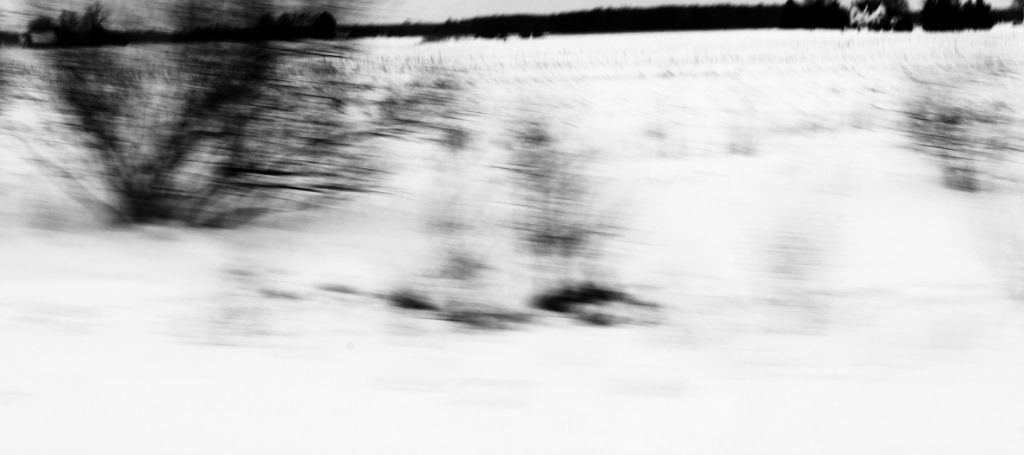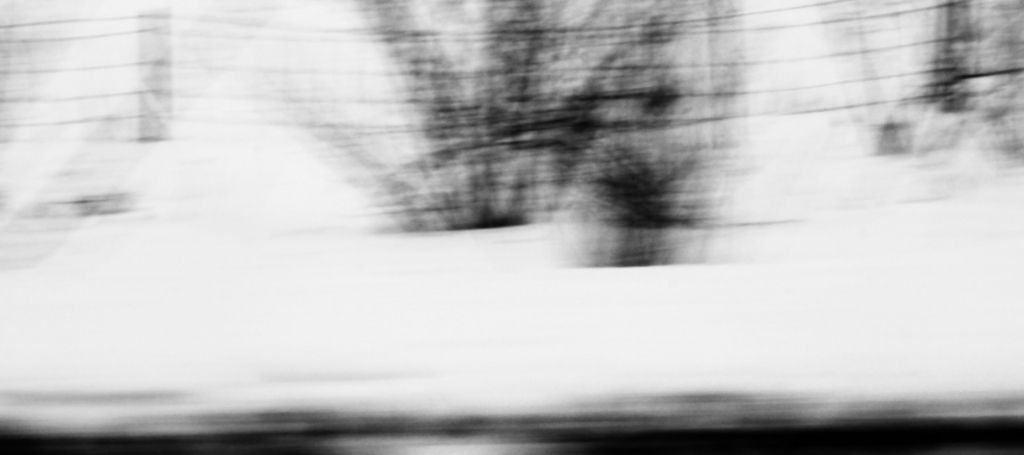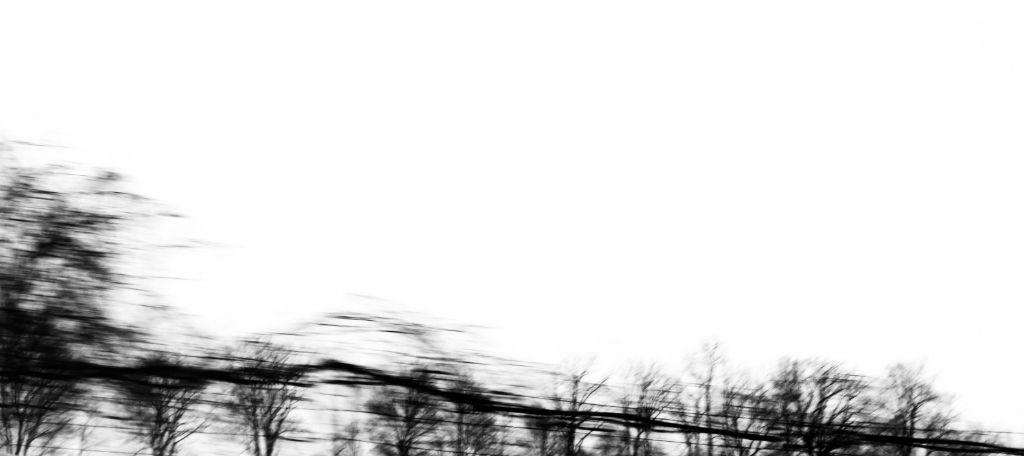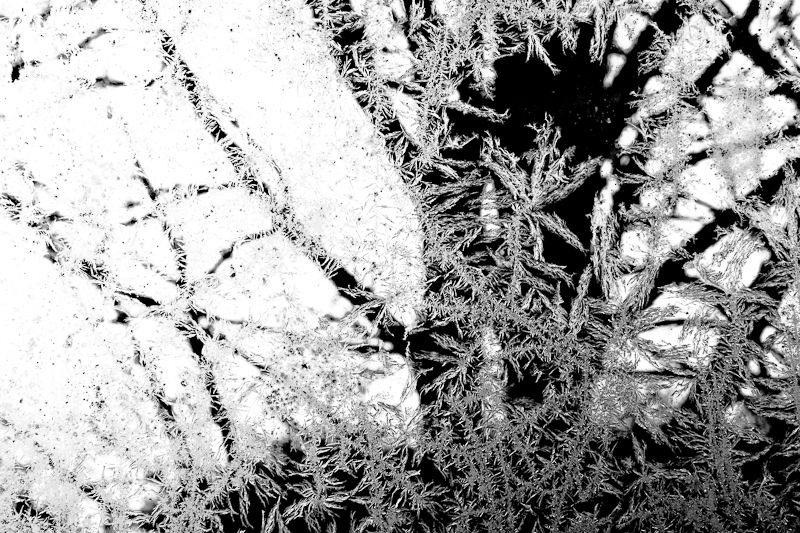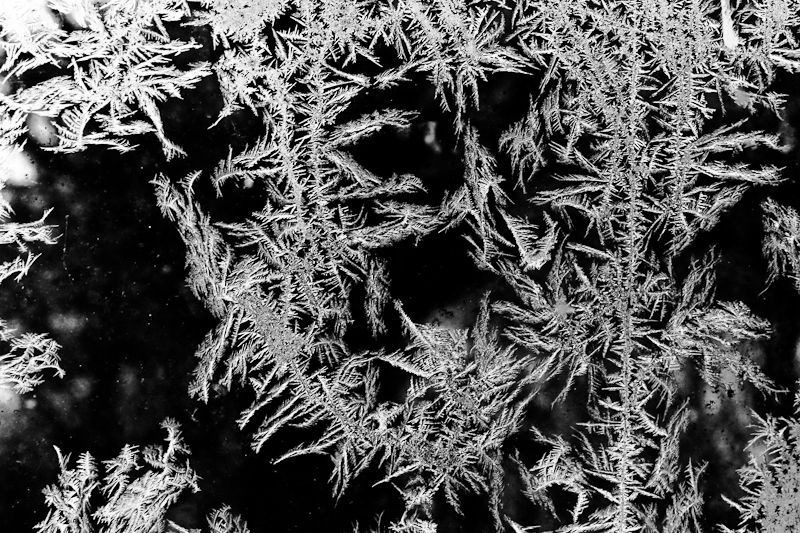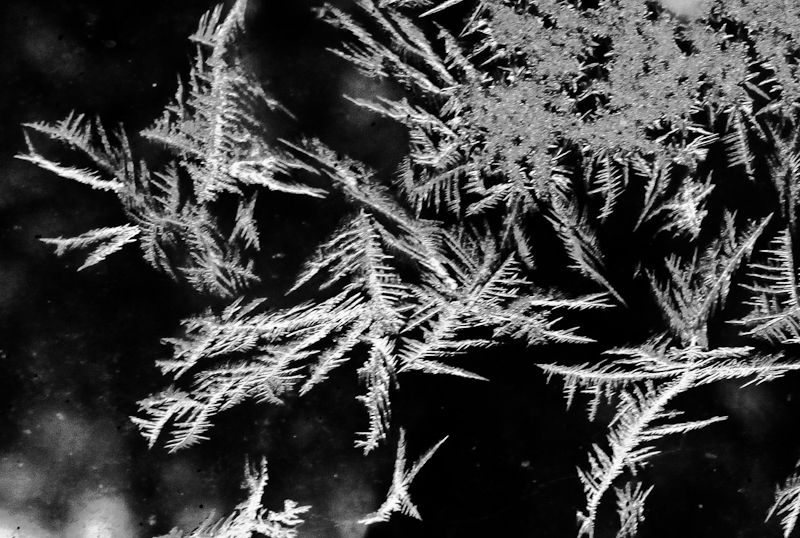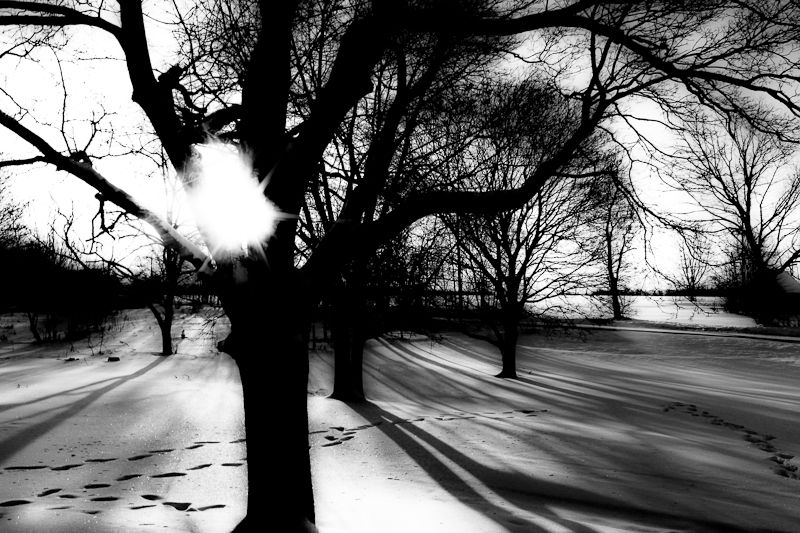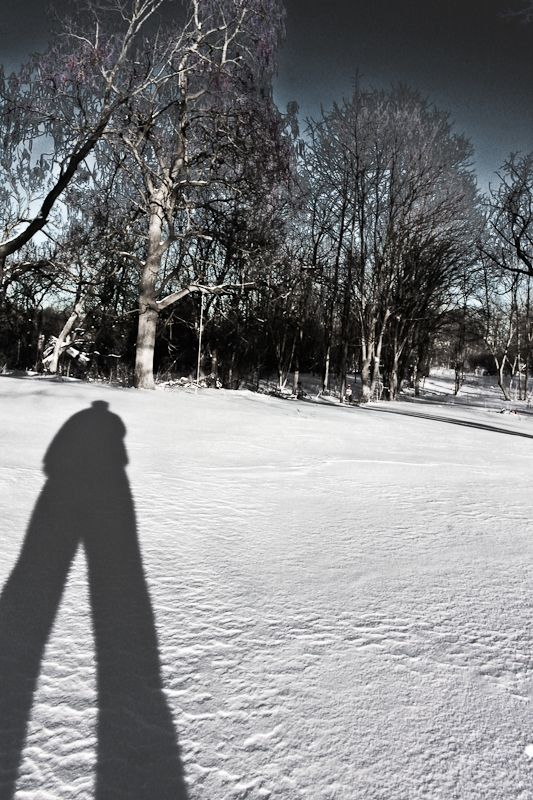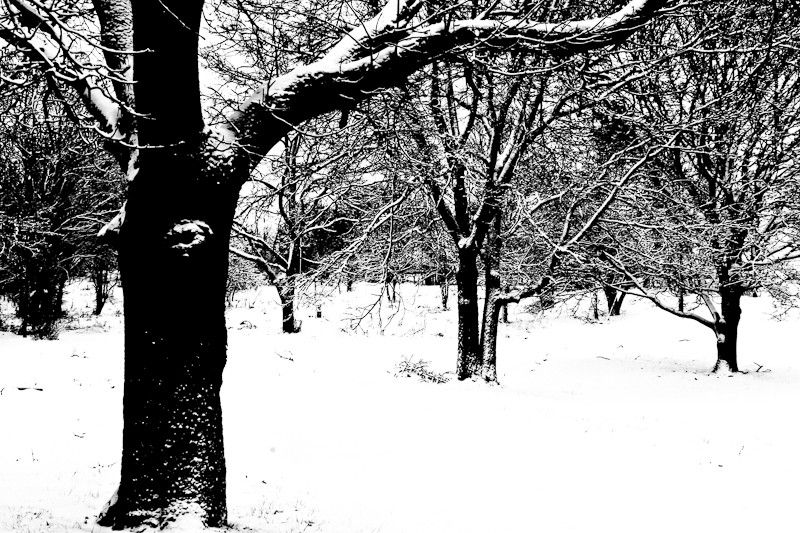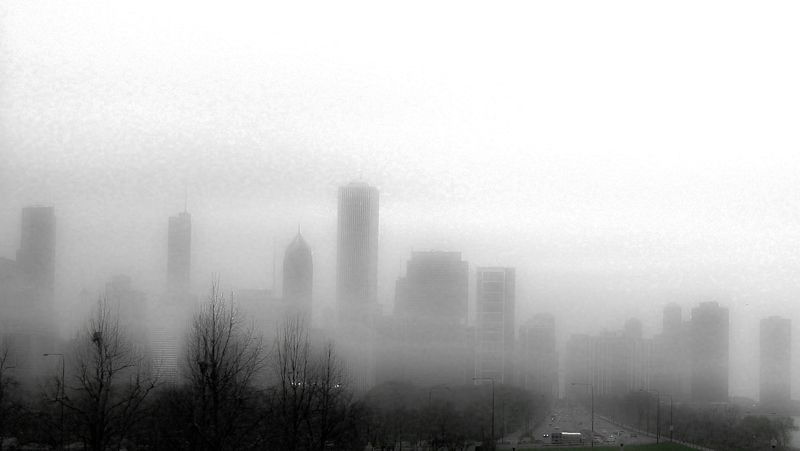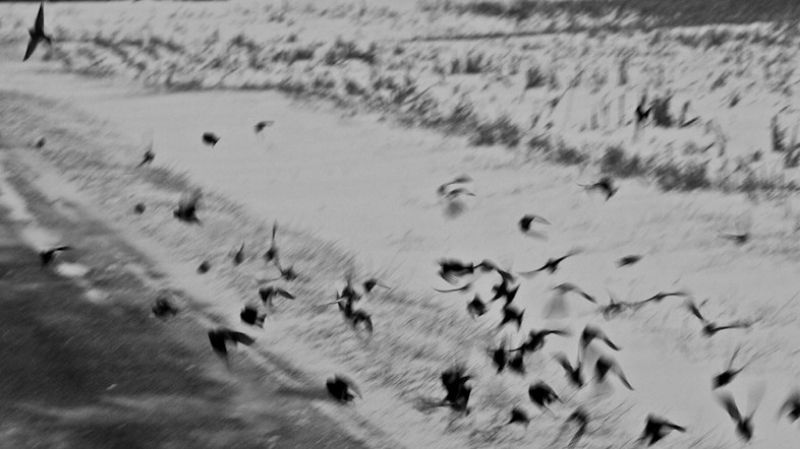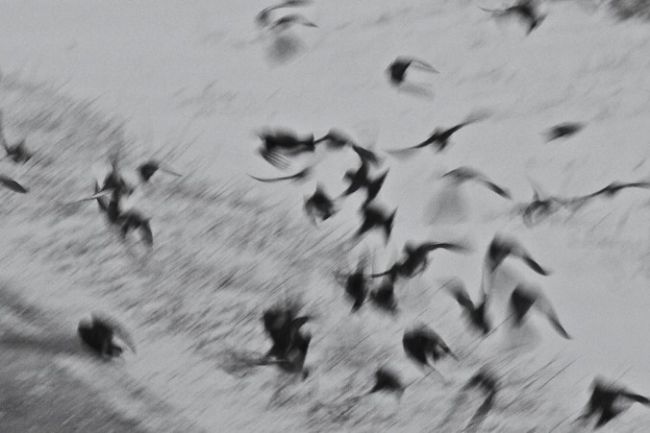Sunday, December 14, 2014
the translated story / of life
The Sandhills
by Linda Hogan
The language of cranes
we once were told
is the wind. The wind
is their method,
their current, the translated story
of life they write across the sky.
Millions of years
they have blown here
on ancestral longing,
their wings of wide arrival,
necks long, legs stretched out
above strands of earth
where they arrive
with the shine of water,
stories, interminable
language of exchanges
descended from the sky
and then they stand,
earth made only of crane
from bank to bank of the river
as far as you can see
the ancient story made new.
Tuesday, December 2, 2014
Sunday, November 9, 2014
a (very) rare political post
Though H. P. Lovecraft was personally very conservative, racist, even a eugenist --- he would, believablly, have joined the Tea Party, if he were alive today --- still, the words will say what they say. In 1920, he wrote the best description I've yet seen of the 2014 election (and of the general mood and direction of America in the 21st Century).
From "Nyarlathotep":
". . . the crawling chaos . . . I am the last . . . I will tell the audient void. . . .
"I do not recall distinctly when it began, but it was months ago. The general tension was horrible. To a season of political and social upheaval was added a strange and brooding apprehension of hideous physical danger; a danger widespread and all-embracing, such a danger as may be imagined only in the most terrible phantasms of the night. I recall that the people went about with pale and worried faces, and whispered warnings and prophecies which no one dared consciously repeat or acknowledge to himself that he had heard. A sense of monstrous guilt was upon the land, and out of the abysses between the stars swept chill currents that made men shiver in dark and lonely places. There was a daemoniac alteration in the sequence of the seasons—the autumn heat lingered fearsomely, and everyone felt that the world and perhaps the universe had passed from the control of known gods or forces to that of gods or forces which were unknown."
Saturday, November 8, 2014
Thursday, October 30, 2014
these beings that are but fragments from absence
Rilke at Muzot, summer, 1926
My translation of three poems from Rilke's French are in the current issue of jmww
Monday, October 27, 2014
Monday, September 8, 2014
Saturday, August 30, 2014
through the wall of this wound
photograph by erin
Red Photograph Inside a Gladiolus Blossom
The woman makes this image.
This is the garden inside the garden
and then again inside.
Erosblood glows
unfurling
through the wall of this wound
that opens the air like a sex.
Her looking strokes
breathe
the petals to further opening and opening
and un-
fold
membrane contour texture
different wet reds
shine.
All this from dirt and sun and water
dust the flower has healed
sepal
ovule
anthers laden dark
nudge of a cell upward
any touch would soft to bursting
and scatter sperm
inside the four chambers of the stone.
Saturday, August 16, 2014
a shard from which I drank
[ always to be among words ]
Always to be among words, whether one wants to or not,
always to be alive, full of words about life,
as if words were alive, as if life were a-word.
But it's otherwise, believe me.
Between a word and a thing
you only encounter yourself,
lying by each as if next to someone ill,
never able to get to either,
tasting a sound and a body,
tasting out both.
It tastes of death.
Yet death and life, whether both exist,
who knows,
since so many of the dead are distant, though in me
there are so many dead,
the dead having also taken me
along with them.
a friend, a girl who once knew me,
a shard from which I drank to you....
--Ingeborg Bachmann
(my revision of Peter Filkins's translation)
Wednesday, July 16, 2014
a bit of slack
[ untitled ]
even if the branches wave
rustle
the evening light drowns
everything
bathes swathes soft
tranquil
we have
calm
lowered the gates of memory
shut the books
wind sweeps the rest
for a moment
we seem to belong
to the wind to the light
standing
unmoving
empty
as if here time left
a bit of slack in the rope
as if brusque there were
not a clean breakaway
but less wall
--Antoine Emaz
(my translation)
Tuesday, June 24, 2014
the child startles at the mirror
[ Untitled ]
The child startles at the mirror
and passes on;
no one could have known
what her image has given her.
But near evening the memory
insists she return for proof,
and a lingering curiosity
stops her before herself.
One doesn't know if this is fear.
But she pauses now, her gaze
searches her own face,
and she breathes -- somehow -- elsewhere.
The child startles at the mirror
and passes on;
no one could have known
what her image has given her.
But near evening the memory
insists she return for proof,
and a lingering curiosity
stops her before herself.
One doesn't know if this is fear.
But she pauses now, her gaze
searches her own face,
and she breathes -- somehow -- elsewhere.
R. M. Rilke
(my translation)
Sunday, June 22, 2014
Saturday, May 31, 2014
(desire)
Salmon Run, Kagawong, September 2013
1.
Lovers who met in our forties, we
decided not to have a child.
A year later, we hold hands along this
teeming river, where the cold
is already prying a few flushed leaves
from the maples.
I want my wife's breasts. She undoes a
button and takes my hands
into the warmth under her clothes,
against the living skin,
and I waver near regret, never knowing
if the choice was wisdom
or cowardice, unwilling to risk chaos,
unwilling to pay the time,
our melancholy, grown-up caution before
the violence of desire ---
but, as if her body were knowledge, I
touch
her beside this water and tell myself I
know our child,
curled hank of vein and bone swimming
through her
that would have knotted our temporary
blood to all this falling and surge.
2.
I have never seen this before:
the traveled fish thrash uphill,
stubborn as hammered spikes,
hovering to fan their gills
in the lucid pools, then bursting out,
tails beating the ice-water
over ruffling shoals,
urgent toward reproduction
and death. When one loses
its grip on the water, the current
sweeps it far back, until it catches
somehow and climbs again,
each a thick, single-minded
sleeve of flesh pulsing
like a horse's thigh muscle.
The untiring, convulsive salmon
whip themselves over
the slick, algae-green stones,
against the also stubborn
invisible current, yellow-
black ripples of shimmer and
thrust --- or, each a fist
clenched on roe or milt,
they punch a tunnel through water
to quiet where they will gasp
and drop their milky heat
into the dangerous chill of this world.Wednesday, May 28, 2014
art is fidelity to failure (as beckett says, and holub repeats here)
Certainly a poem is only a game.
Certainly a poem exists only at the moment of origin and at the moment of reading. And at best in the shadow-play of memory.
Certainly one can't enter the same poem twice.
Certainly a poet has the impression from the beginning that no purpose exists, as Henry Miller has said.
Certainly art becomes generally acceptable only when it declines into a mechanism and its order becomes a habit.
But in its aimlessness, in its desperate commitment to the word, in its primal order of birth and re-birth, a poem remains the most general guarantee that we can still do something, that we can still do something against emptiness, that we haven't given in but are giving ourselves to something.
The most general guarantee that we are not composed only of facts, of facts which, as Ernst Fischer says, are deeds withered into things.
Provided a poem, which is the poet's modest attempt to put off disintegration for a while, is not regarded as the philosopher's stone, bringing salvation and deliverance to stupefied mankind.
For art doesn't solve problems but only wears them out.
For art is fidelity to failure.
For a poem is when nothing else remains.
Although ...
-- Miroslav Holub
from "Although"
Friday, May 16, 2014
does even photography kill, like words, like thought?
The Bird
--- Bird, what are you after here, fluttering over my books?
Everything in this narrow room is foreign to you.
--- I know nothing of your room, and I am far from you.
I have never left my wood. I perch on the tree
Where I have hidden my nest, so reinterpret
Whatever you are seeing. Forget about a bird.
--- But I see you right here, your feet, your beak.
--- Doubtless you can span the distances.
If your eyes have found me, it's not my fault.
--- But you are here, since you answer.
--- I am answering the fear of man I always feel.
I feed my little ones and have no other diversion.
I guard them in secret in the dark of a tree
That I believed as dense as one of your walls.
Leave me on my branch and keep your words.
I fear your thought like the shot of a gun.
--- Calm the heart that hears me under your feathers.
--- Ah, what horror your feigned kindness was hiding!
You have killed me. I fall from my tree.
--- Well, I need to be alone, and even the gaze of a bird ....
--- But I was far away, in the deep heart of my wood!
-- Jules Supervielle
(my translation)
my gratitude to Roxana, who showed me this poem
Thursday, May 1, 2014
Sunday, April 27, 2014
Friday, April 25, 2014
let effacement be (sandhill cranes)
Let effacement be my way of shining,
let poverty overload our table with fruit,
let death, nearby or vague according to its desire,
be the nourishment of inexhaustible light.
--Philippe Jaccottet
(this is for erin, of course)
Thursday, April 3, 2014
Wednesday, April 2, 2014
Monday, March 31, 2014
...
April
Already warm days, the dust in flight,
An azure sky deepening with light,
The evenings long, the walls sunlit,
And nothing green: a poor whim
Of colour drapes a reddish scrim
On tall trees, dark branches backlit.
This fine weather becomes a strain.
It is only after days of rain
That the rose and verdant spring
Will bloom --- like the first glimpse
Of a freshwater nymph, a smile at her lips,
Who rises from a woodland spring.
--- Gerard de Nerval
(my translation)
Friday, March 14, 2014
"I rely on that which I cannot doubt, on doubt"
Someone says, more or less, “I then felt as if the order of the world had been revealed to me” or else “I understood the language of the birds” or “The veil that is normally between us and reality was rent” (which is also a theme in fairy tales). These are, indubitably, facts, of course, experiences (you can treat them as lies, but they happen, nonetheless) --- an experience of that kind can take on various forms, but the result is always the same. It has happened ever since man first appeared on earth, and you can find hundreds of examples in mystic, philosophical, or purely literary texts. You could object that such an experience is a mirage, but what makes such a mirage possible, and why could it not have a meaning, even as a mirage?
That mirage, or that intuition, revelation, or dream, sets an order against disorder, a fullness against the void, and wonder, enthusiasm, hope against disgust. Is it possible to believe that man’s obsession with order in so many different fields could be totally devoid of sense? And do we not have the duty, or at least the right, to listen to that very deep nostalgia within ourselves, as if it really said something important and true? Is it not narrow-minded to refuse to believe in the enigma that attracts and enlightens us? Is it more equitable to believe only in skeletons, ruins? Would life not, indeed, flow into us if we grew more supple?
Phillipe Jaccottet
Notebook -- November, 1959
(translated by Andre Lefevere)
Wednesday, March 5, 2014
Thursday, February 20, 2014
Friday, February 14, 2014
The Frost performs its secret ministry
Therefore all seasons shall be sweet to thee,
Whether the summer clothe the general earth
With greenness, or the redbreast sit and sing
Betwixt the tufts of snow on the bare branch
Of mossy apple tree, while the nigh thatch
Smokes in the sun-thaw; whether the eave-drops fall
Heard only in the trances of the blast,
Or if the secret ministry of frost
Shall hang them up in silent icicles,
Quietly shining to the quiet Moon.
from "Frost at Midnight"
Samuel Taylor Coleridge
Tuesday, February 11, 2014
Sunday, February 9, 2014
...
It was a winter such as when birds die
In the deep forests; and the fishes lie
Stiffened in the translucent ice, which makes
Even the mud and slime of the warm lakes
A wrinkled clod as hard as brick; and when,
Among their children, comfortable men
Gather about great fires and yet feel cold:
Alas, then, for the homeless beggar old!
Percy Bysshe Shelley
Saturday, February 8, 2014
Friday, February 7, 2014
Monday, January 20, 2014
Friday, January 3, 2014
Subscribe to:
Comments (Atom)












